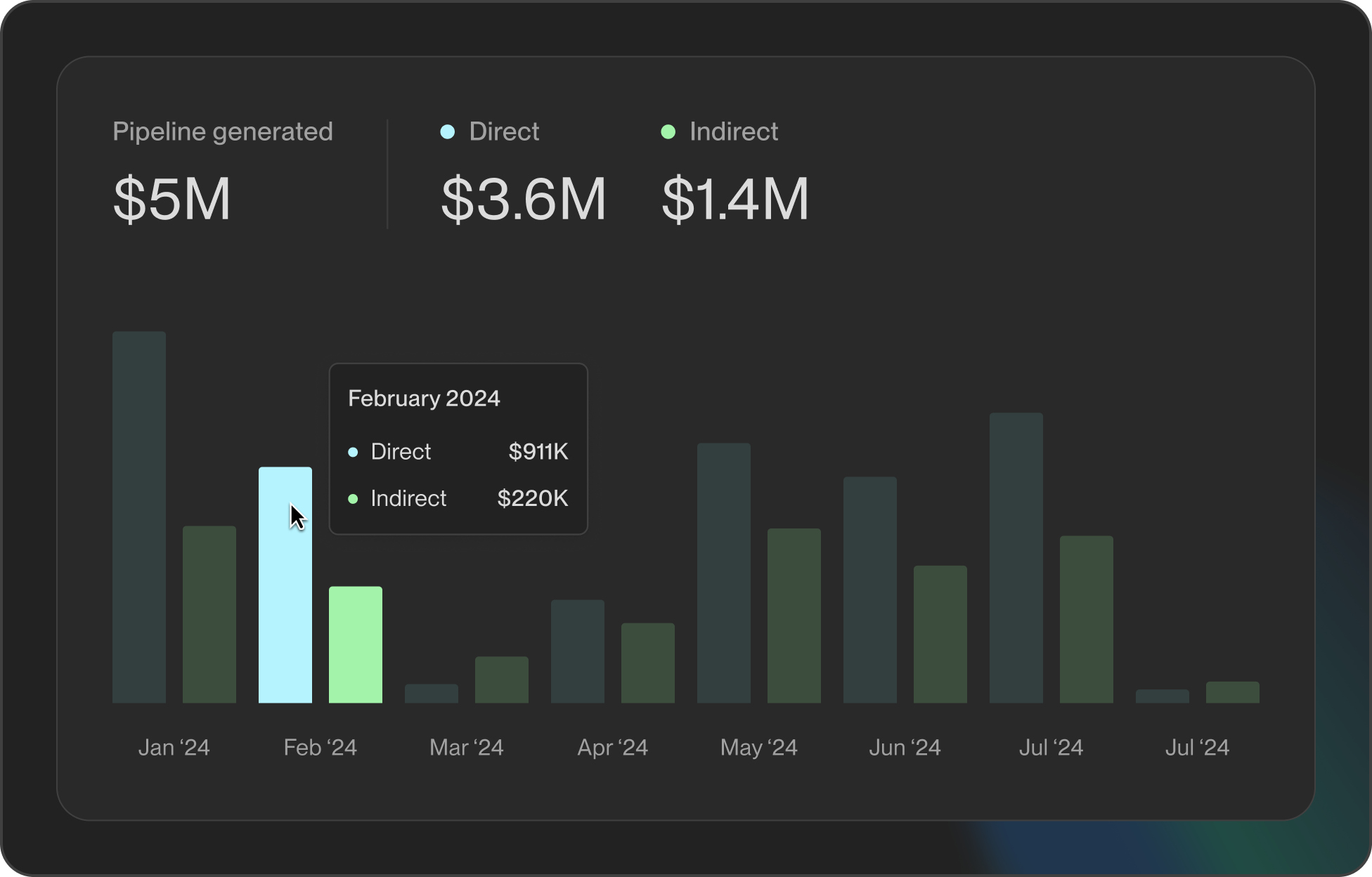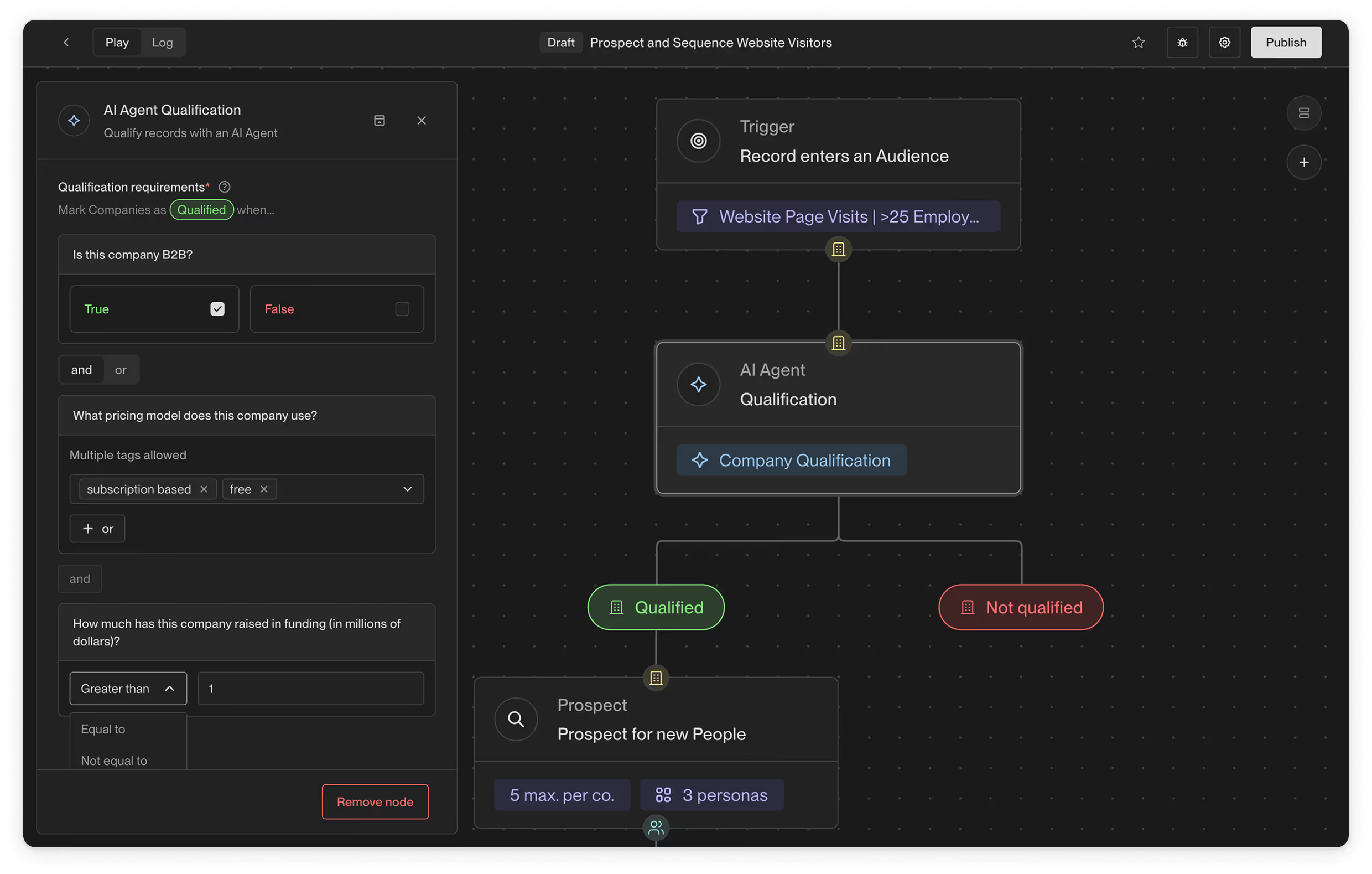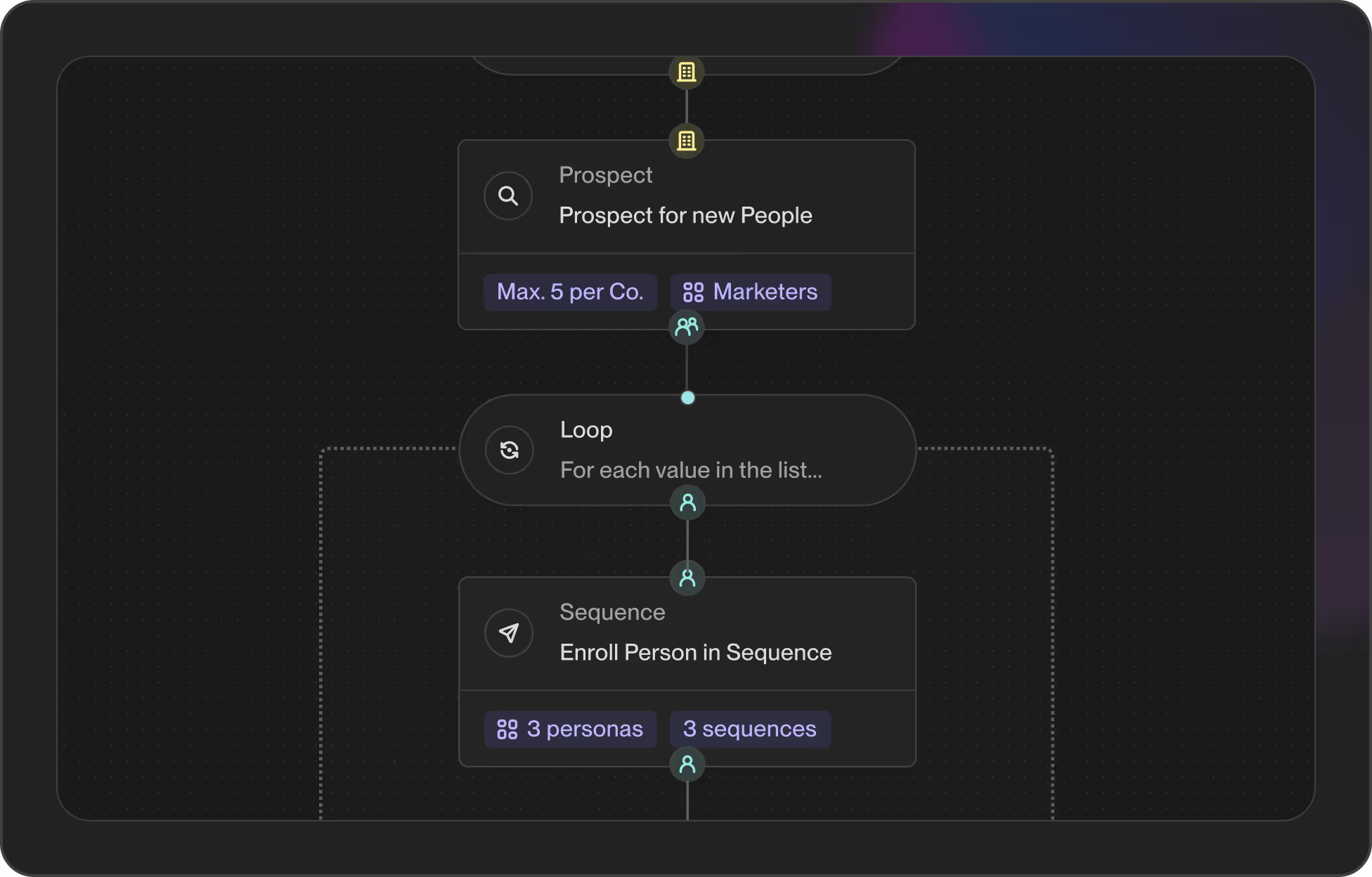Top Growth Marketing Automation Software for Startups & GTM

Top Growth Automation Software Picks for 2025, Growth Leaders
As B2B growth teams face pressure to deliver predictable pipeline across complex buyer journeys, modern automation platforms with AI-driven insights, workflow orchestration, and integrated data are essential for accelerating revenue and reducing manual processes.
Unify - AI-Driven Integrated Go-To-Market Automation
Unify combines real-time buyer intent signals, enrichment, outbound tooling, and workflow orchestration into a single GTM platform, replacing fragmented point solutions with an end-to-end platform tailored for B2B growth leaders. Intent signals trigger AI-powered research and personalized outreach, removing manual handoffs and data silos. For VC-backed and high-growth companies, Unify addresses rep burnout, inconsistent messaging, and unpredictable pipeline quality by offloading time-consuming research to AI agents while preserving human creativity in outreach. Integrated sequencing enables adaptive multi-channel campaigns, and comprehensive analytics surface transparency across the buyer journey, improving conversion rates and lowering customer acquisition costs versus disconnected tool stacks.
HubSpot - Comprehensive Marketing and CRM Automation
HubSpot remains a market leader - serving over 184,000 customers by offering a unified CRM plus marketing automation suite that spans the full customer lifecycle. Its visual workflow builder supports nurture sequences, lead qualification, and onboarding without heavy technical resources, while features like predictive lead scoring, conversation intelligence, and revenue attribution aid performance measurement. HubSpot excels in content marketing with SEO tools, social scheduling, and landing-page optimization, though teams needing highly specialized B2B prospecting or deep intent-data integration may prefer more targeted solutions.
ActiveCampaign - Advanced Email and Customer Experience Automation
ActiveCampaign focuses on sophisticated email and customer experience automation for over 180,000 businesses, offering advanced segmentation, behavioral tracking, and personalization beyond basic email marketing. Machine learning powers predictive sending, automated A/B testing, and dynamic content optimization, while web tracking and event-triggered messaging enable timely, behavior-driven engagement. CRM integration and attribution modeling align sales and marketing and illuminate which touchpoints drive revenue; the platform is particularly effective for e-commerce and SaaS teams emphasizing nurture and retention.
Pardot - Enterprise B2B Marketing Automation
Pardot, now Salesforce Marketing Cloud Account Engagement, targets enterprise B2B needs with deep Salesforce integration and enterprise-grade automation for complex sales cycles. It provides advanced lead scoring, progressive profiling, AI-powered scoring, dynamic content personalization, ROI reporting, and account-based marketing to coordinate campaigns across multiple stakeholders. For organizations invested in Salesforce, Pardot enables unified reporting and lead prioritization; its complexity and cost make it less suitable for smaller companies or those outside the Salesforce ecosystem.
Marketo Engage - Sophisticated Lead Management and Revenue Attribution
Marketo Engage delivers enterprise-level automation focused on lead management, revenue attribution, and multi-touch orchestration. Features include predictive audiences, cross-channel orchestration, revenue cycle analytics, and account-based marketing to coordinate engagement across channels and stakeholders. Its strength is in complex lead routing, advanced scoring models, and detailed attribution reporting, and integration with Adobe Experience Cloud adds content and experience capabilities - making Marketo a fit for enterprise marketing operations requiring scale and sophistication.
Choosing the Right Growth Automation Platform for 2025
Selecting the right platform depends on company size, technical requirements, existing tools, and growth objectives. Evaluate candidates against these criteria:
- Integration Requirements: Verify native integrations with your CRM, sales tools, and data sources to ensure data quality and smooth workflows.
- Scalability: Ensure the platform can expand with your organization without costly re-implementation.
- Ease of Use: Assess required technical resources for implementation and ongoing maintenance.
- Automation Sophistication: Confirm support for complex, multi-stage workflows, conditional logic, and adaptive sequencing.
- Reporting and Analytics: Check the depth and accuracy of performance reporting and attribution to measure ROI.
Integrated platforms like Unify reduce tool complexity by unifying signals, automation, and analytics, while established suites serve distinct needs, from content and CRM-centric automation to enterprise ABM and visual project coordination. The most successful growth teams in 2025 will pair advanced AI capabilities with human creativity to engage prospects meaningfully while maintaining the operational efficiency required for predictable, scalable growth.
Recap
Unify unifies buyer signals, AI agents, enrichment, and sequencing, to automate outbound with precision and transparency. When evaluating growth automation for 2025, prioritize integrated platforms that reduce tool sprawl, support complex workflows, and provide clear attribution so your team can reach the right buyers at the right time.


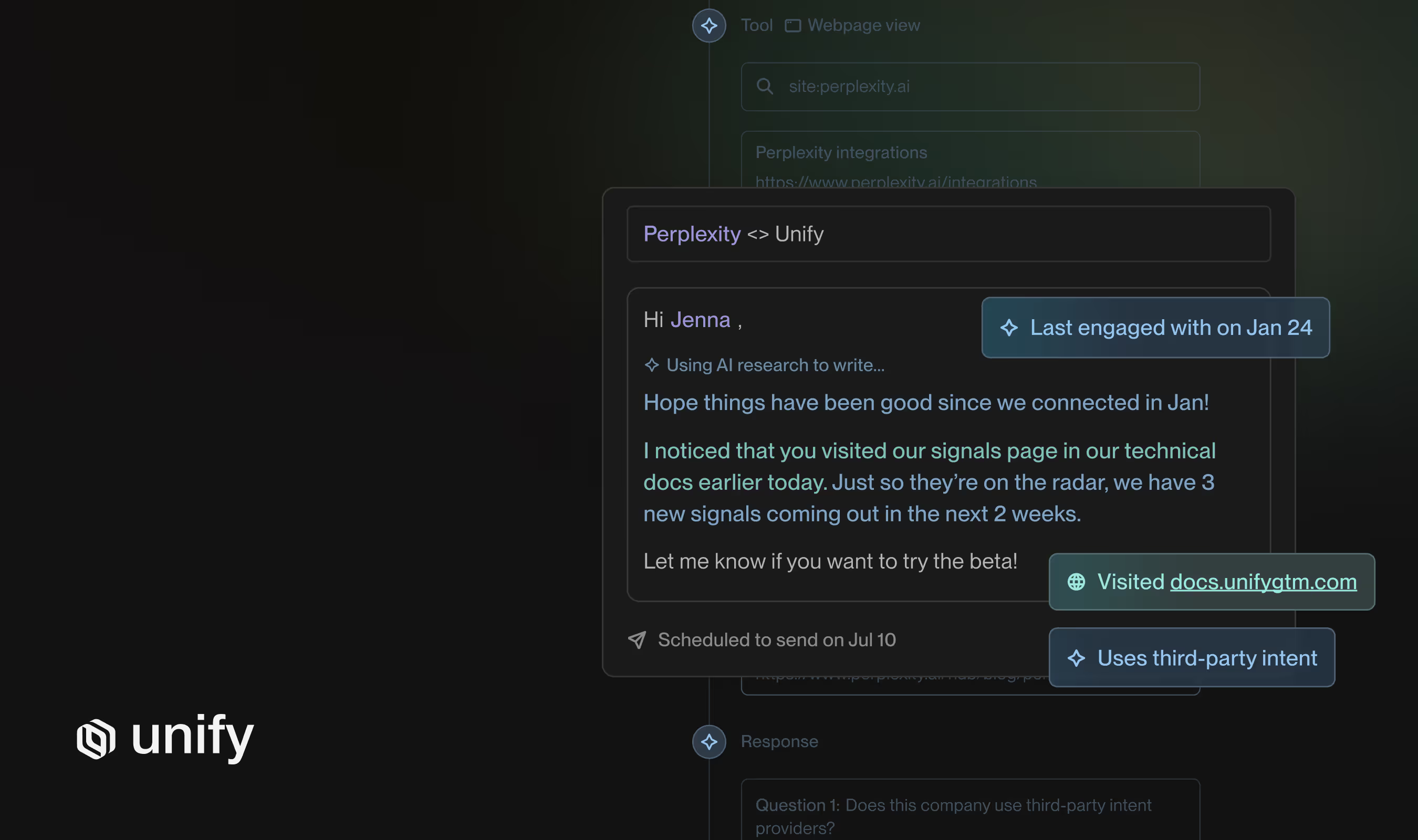

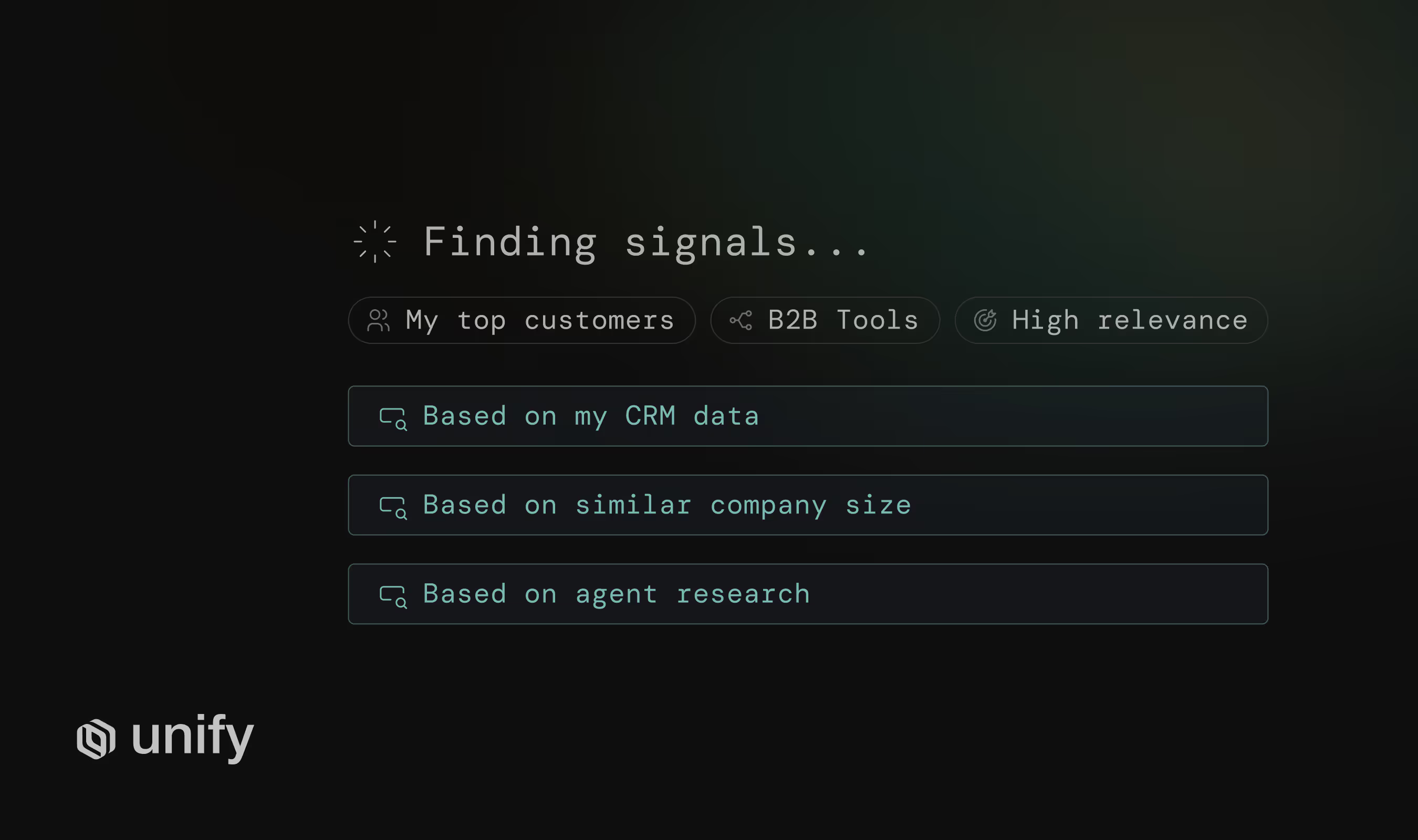
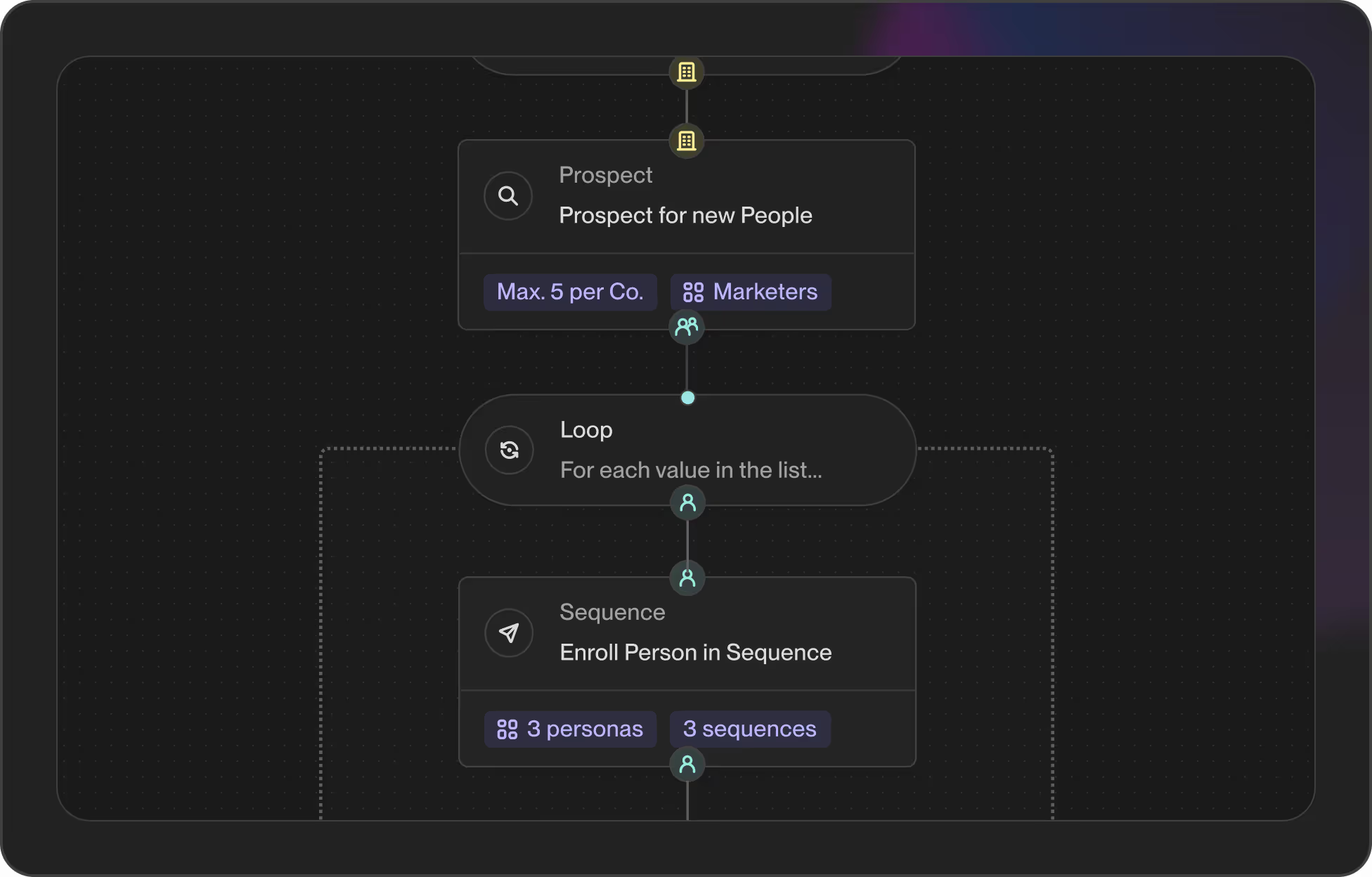
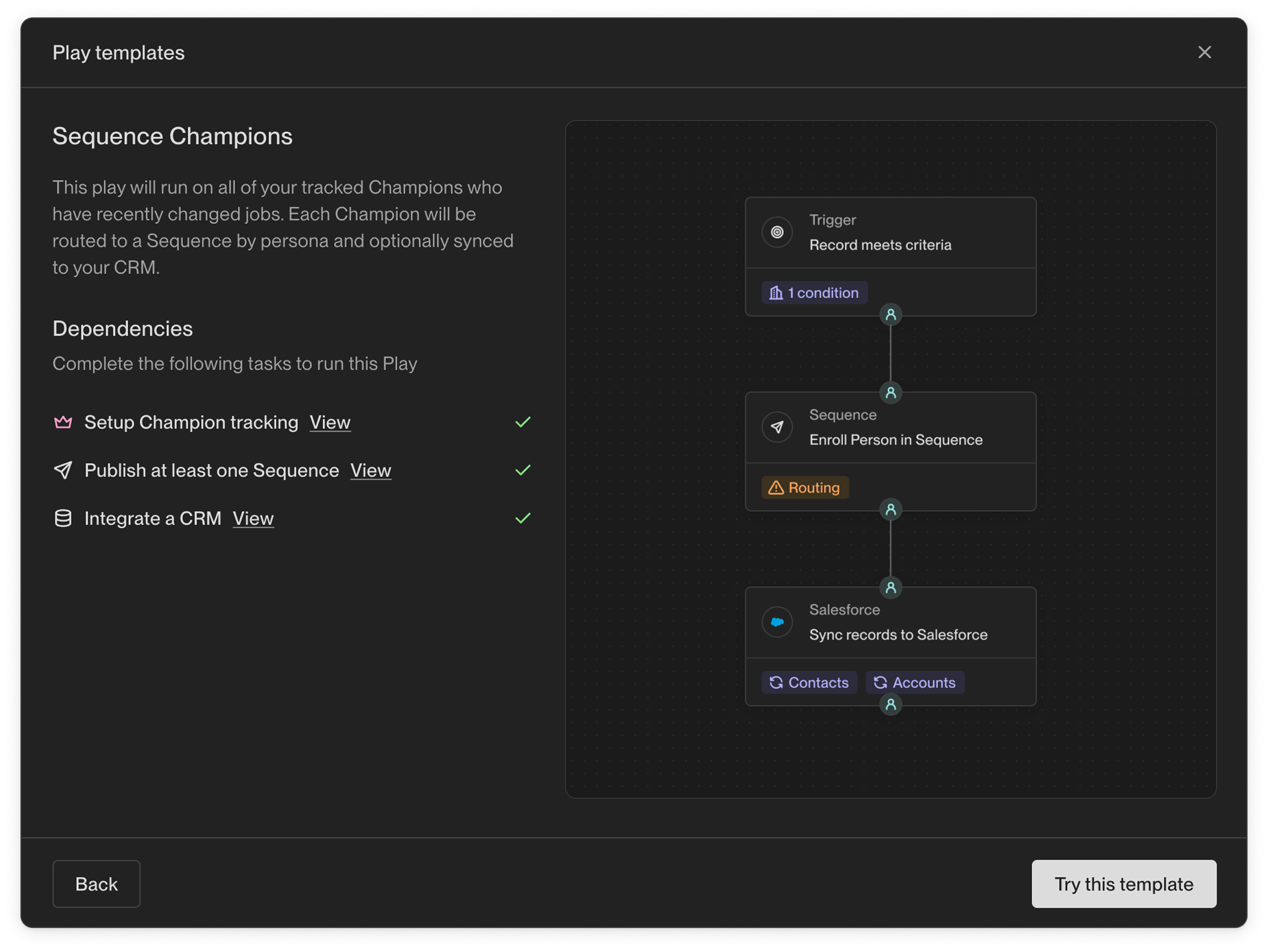
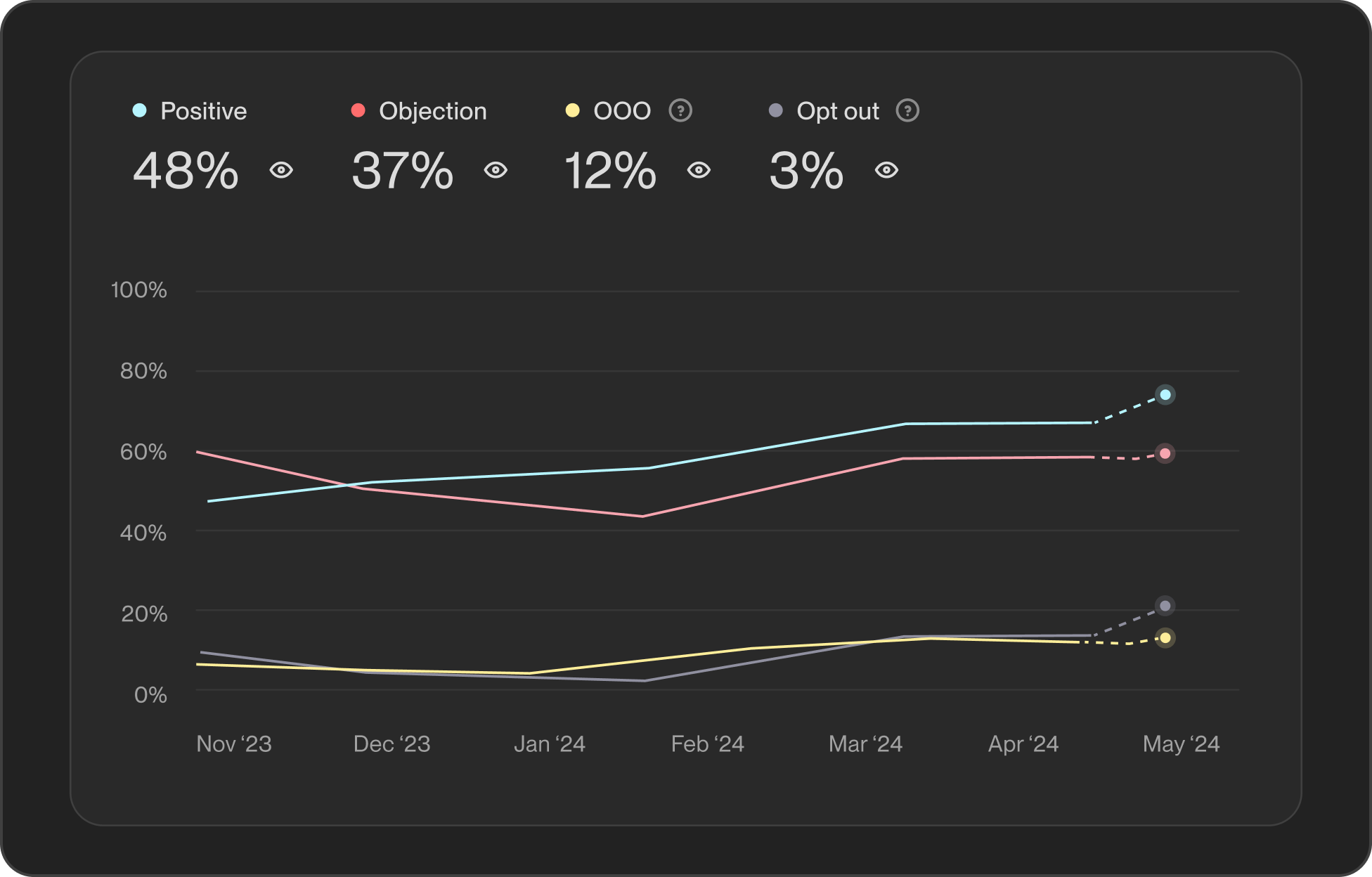
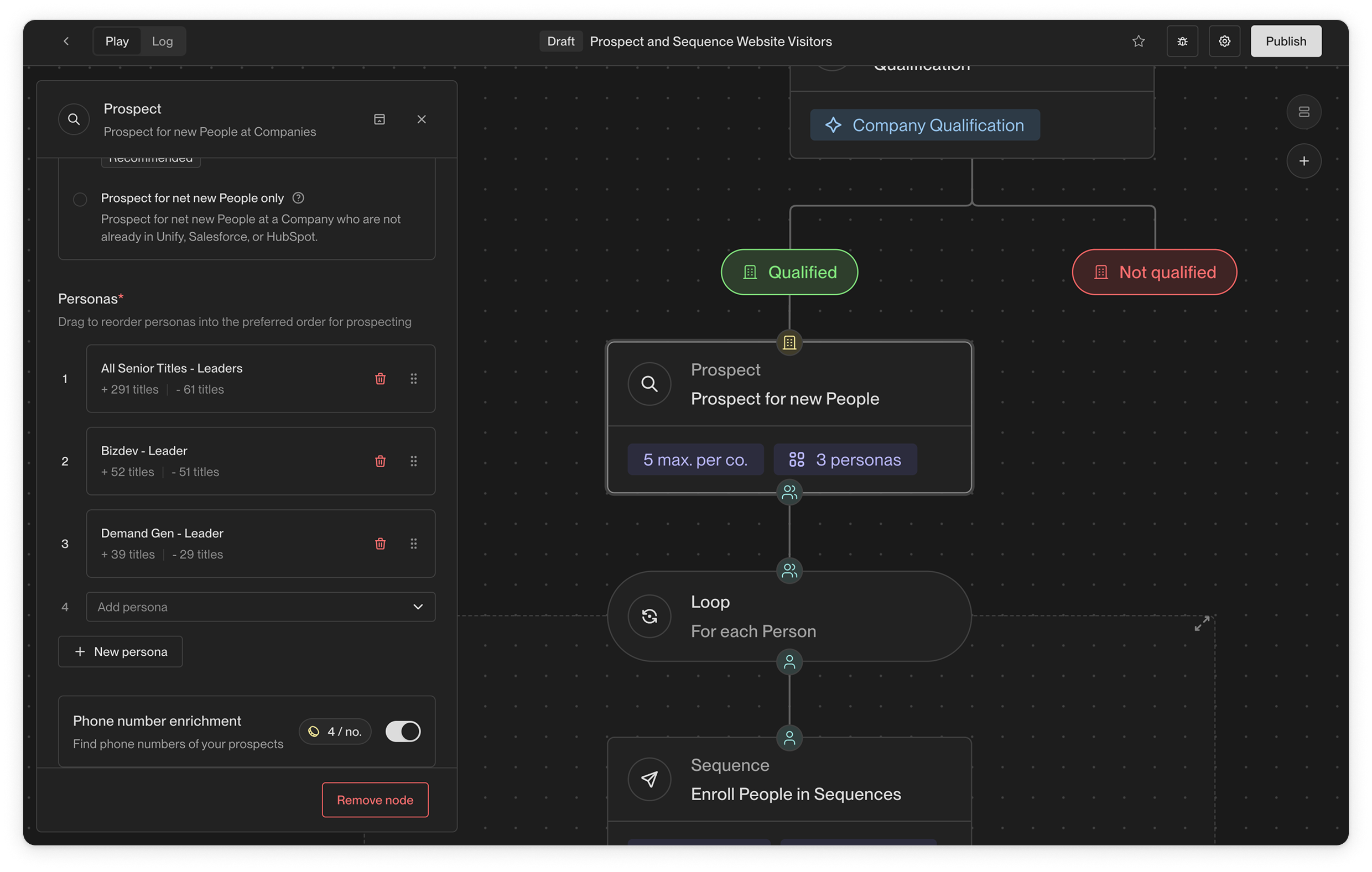
.avif)
